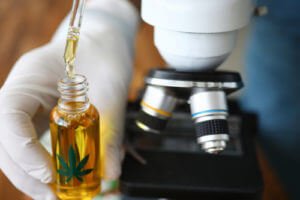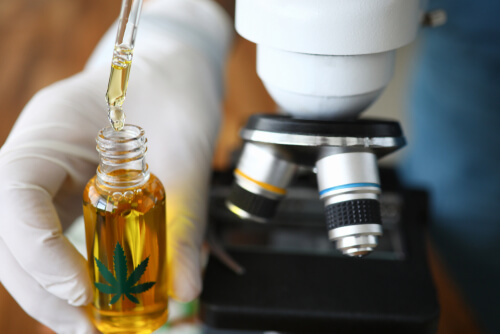
Researchers and others generally feel that CBD is not an intoxicating cannabinoid in cannabis. Unlike CBD, other phytocannabinoids in the plant may exhibit intoxicating properties. Hemp plant isolates or extracts have become more prominent as food supplement ingredients and cosmetic product components. There has also been an increase in the number of such CBD products on the internet and at high street stores.
A substance isolated from cannabis, cannabidiol is no longer part of the controlled substance list of the Drug Enforcement Administration. However, the extraction of cannabidiol from cannabis may mean that of other ingredients of the plant such as THC. If a large quantity of that intoxicating compound is part of products with CBD, you should be wary of using those items.
The United Kingdom regulates CBD edibles as novel food items as well as requires those goods to be correctly labeled and compositionally safe. There has been broad variation in adherence to cannabidiol label claims, and the existence of controlled phytocannabinoids is a risk. Besides, the Home Office Drugs Licensing Factsheet mentioned one milligram as the threshold for the controlled substance content. It was making it difficult to interpret and analyze cannabinoids.
To address those problems, the Government Chemist in the United Kingdom has been taking on numerous cannabidiol-related projects as well. The Advisory Council on the Misuse of Drugs was asked to stipulate not only which controlled phytocannabinoids should come under the controlled substance category but also establish a trace quantity for those compounds in consumer CBD items. Afterward, the Government Chemist could feed its revelations into a recent news story on consumer cannabidiol protects and the Advisory Council on the Misuse of Drugs. Now, ACMD has featured its advice about consumer cannabidiol items and made many recommendations.
The Government Chemist noted the reference to its recent work in a letter from ACMD Chair Owen Bowden-Jones to Minister of State for Crime and Policing Kit Malthouse. The letter asked for the primary evidence on the practical capability of the analytics sector to test those kinds of items.
The Government Chemist plans to keep working with regulators and non-regulatory stakeholders in the United Kingdom to aid in taking the recommendations of ACMD forward. Do you want more information on what the Government Chemist in the UK does? If so, feel free to write to [email protected] as well.

